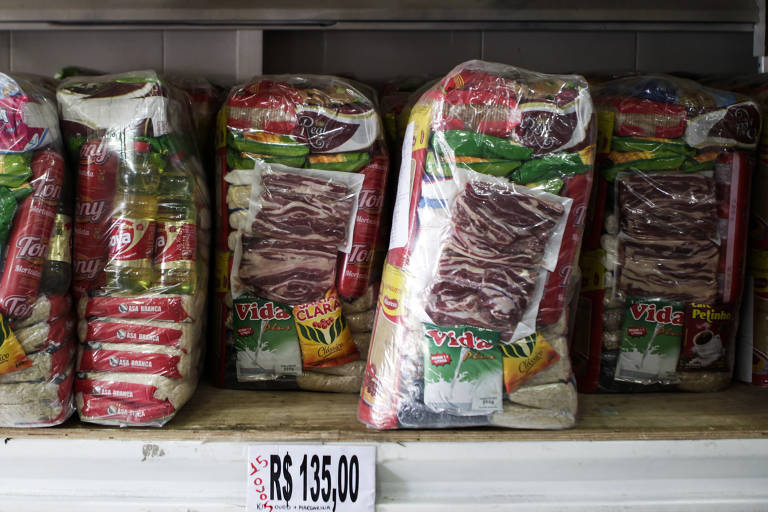A study by Ipea (Institute of Applied Economic Research) on tax reform proposals that are being debated in Congress shows that unifying consumption taxes, with equal rates for all products and services, would reduce the inequality of the Brazilian tax system.
There would be a positive impact for 90% of the population and a negative impact for the wealthiest 10%.
Consumption taxation is regressive, that is, the poorer the citizen, the greater the tax burden for him. Income taxes are progressive, punishing those who have more resources.
A more significant improvement in this inequality, however, will depend on how another reform initiative will be implemented, which is the creation of a system to return part of the taxes to the poorest.
According to the study, the five taxes that will be unified by the Chamber's proposal represent 27% of the income of the poorest 10%. For the wealthiest 10%, the current weight is 10% of income.
The merger of five taxes foreseen in the reforms slightly mitigates the regressive profile of consumption taxation, representing 24% of the income of the poorest tenth and 11% of the income of the richest.
In some of these taxes, the highest rates apply to fuels, electricity, and communications, with a greater impact on the consumption basket of the poorest.
Other studies also show that poorer families spend proportionately more on goods, which today have higher taxation than on services.
For this reason, the Chamber's proposal, which provides for equal rates for all products and services, partly reduces the inequality of the national tax system.
Translated by Kiratiana Freelon
